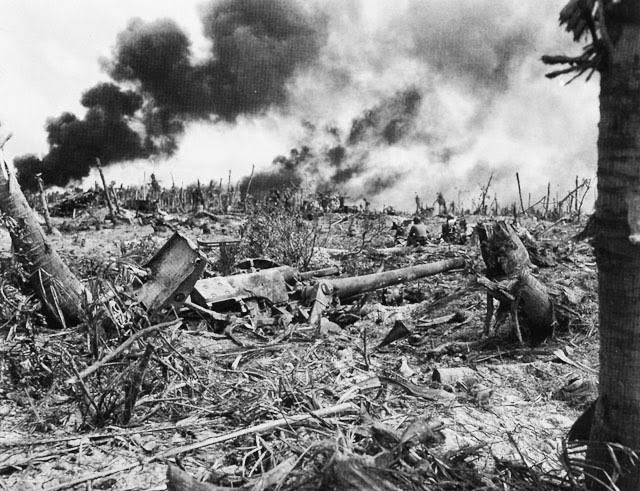Capitalism
There are two types of socioeconomic
systems: capitalism and socialism. Capitalism means free-market competition,
private or corporate ownership of production and distribution, and personal
responsibility. Capitalism produces innovation and variety in the marketplace
with high-quality goods and services at reasonable prices.
Socialism means that a few people, those
with political and economic power, are in control of production and
distribution. Socialism results in stagnation, limited goods and services, low
quality, fixed prices, and dependence on the government.
 The establishment of capitalism was a time
of upheaval and bitter struggles between new and old power-brokers. At the same
time, the mass of the population were dragged unwillingly into an increasingly
violent conditioning process. The new capitalists needed to be able to exert
ever more pressure on their producers to produce more for less, so that the
capitalists could maintain trading prices and increase profits. They looked to
the state to ensure pressure was brought to bear on workers who, for the first
time, were being forced to sell their labor in an increasingly competitive work
environment, which was itself aggravated by the swollen ranks of the new
landless and unemployed.
The establishment of capitalism was a time
of upheaval and bitter struggles between new and old power-brokers. At the same
time, the mass of the population were dragged unwillingly into an increasingly
violent conditioning process. The new capitalists needed to be able to exert
ever more pressure on their producers to produce more for less, so that the
capitalists could maintain trading prices and increase profits. They looked to
the state to ensure pressure was brought to bear on workers who, for the first
time, were being forced to sell their labor in an increasingly competitive work
environment, which was itself aggravated by the swollen ranks of the new
landless and unemployed.
A look at the history of the economic and
social conditions that pre-dates the industrial revolution shows that
capitalism arose from the systematic breakdown of feudalism as a social and
economic system and the imposition of a wage labor system in its place.
Capitalism soon spread to Europe, and to the rest of the world.
The coming of capitalism has also brought
with it the potential for workers to organize for change. Though capitalism
brought with it untold misery, ordinary people were far from passive victims in
the face of exploitation. Instead, they sought to resist capitalism, giving
birth to the idea of an alternative world, free from exploitation and misery.
Capitalism
helps the economy to grow, rewards people on their successes, and incentivizes
individuals to work hard. The free market competition allows only superior
produce to exist in the market and for this, everybody has to work hard for
survival which ultimately leads to better performance. On the other hand in
socialism you get.



